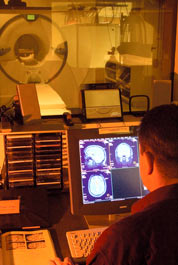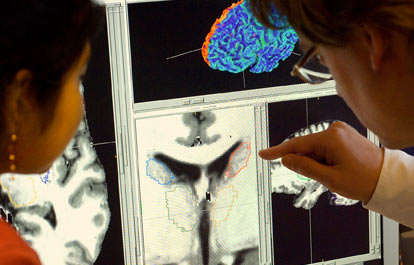

Scientific Lectures //
Neurocognitive Bases of Treatment Resistance in Developmental Dyslexia
Robin Morris, PhD, Regents Professor, Department of Psychology, Georgia State University
Presented: November 2, 2018
ABSTRACT: Developmental Dyslexia (DD) is a neurodevelopmental disorder thought to reflect circumscribed neurobiological anomalies and etiologies, although the exact brain mechanisms involved have not been clearly identified. Along with environmental factors, these anomalies conspire to make the development of a certain complex sets of skills involved in reading, especially in the more severe cases, extremely difficult to treat. This talk will describe preliminary results from an ongoing project designed to provide a more integrated neurobiological and cognitive characterization of DD treatment resisters, whose relatively intractable impairments are likely to be primarily brain-based. The treatment study focuses on 3rd/4th grade DD children reading below the 15%ile, including those that have significant comorbid language (LI) and/or attentional (ADHD) impairments, using an explicit intervention program and multidimensional assessment framework. The project employs integrated pre- and post-treatment functional and structural neuroimaging, cognitive testing, online linguistic and non-linguistic learning experiments to identify those predictors of response to intervention and treatment resistance.

